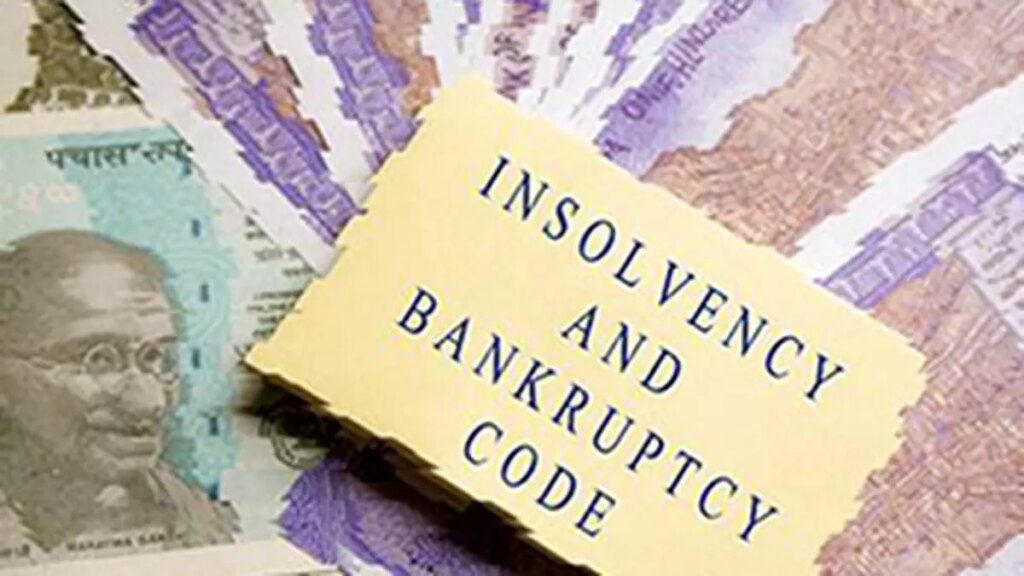IBC defeated – The Hindu BusinessLine

The Insolvency and Bankruptcy Code is premised on the idea of taking a speedy decision on whether sick units should be revived or liquidated, so that capital is efficiently allocated. Its chief feature lies in easing out the promoter, often at the epicentre of the problem, to speed up transfer of control or liquidation. But eight years after the code, most cases are mired in long-drawn litigations (initiated largely by promoters) leading to inordinate delays.
According to latest data from Insolvency and Bankruptcy Board (April-June newsletter), average time taken for approval of resolution plans (from the date of admission of the application) is now 761 days as on end-June 2024; more than double the time taken in the pre-Covid period in March 2019. It has been rising sharply since March 2023, when it was 611 days. Apart from the statutory limit of 330 days being relegated to the background, the delays are getting worse. Besides, there is no data on pre-admission delays — which could amount to a year, according to insolvency professionals. Malafide promoters capitalise on such delays to strip the assets of the company. This costs creditors dear — financial creditors in particular. Average realisation has dropped to 32 per cent of admitted claims, down from 43 per cent in March 2019. As as result, many financial creditors settle for large haircuts or even withdraw the case. The value destruction in liquidation is exacerbated by delay in the entire process.
Promoters at risk of losing their company have found ways to game the system. Despite Section 29A which debars promoters from taking part in insolvency resolution, they have devised ways to scuttle the system. They often initiate litigation immediately after the insolvency commencement date, or challenge the liquidation or resolution orders. Listing appeals against corporate insolvency resolution plans (CIRP) or liquidation orders as a priority item in the appellate authority or even the Supreme Court could reduce delays. Frivolous complaints from promoters can be checked by mandating that promoters who have not filed their statutory returns, paid statutory dues, or fail to cooperate with insolvency professionals will not be allowed to litigate.
Financial creditors need to play an active role in watching for early distress signals to reduce resolution time and protect value. These include non-filing of audited accounts, income tax returns and tax audit reports, large borrowings — far above the bank lending rate — from non-banking sources and non-payment of statutory dues such as GST, PF, TDS, etc. Information from the portals concerned should be linked so that compliance status is reflected in one place. Delays also arise on account of problems in the NCLT with respect to vacancies and, at times, lack of technical competence of members. Separate benches in the NCLT to deal exclusively with real estate and company law related issues, respectively, will free up the remaining benches for IBC cases.








